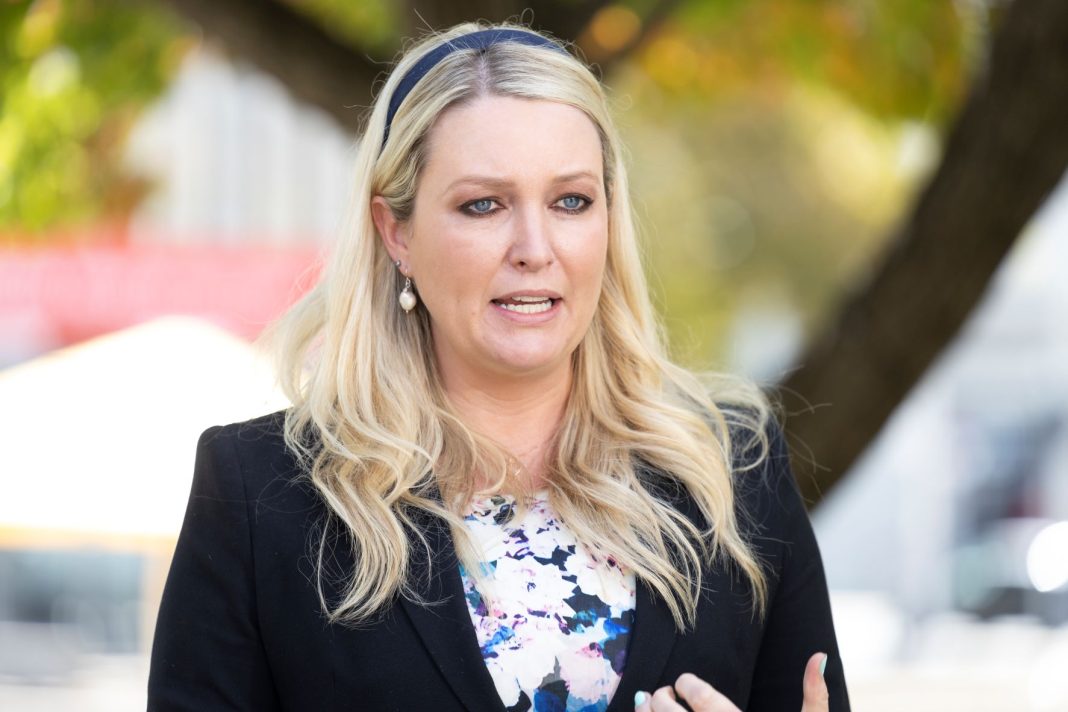Sexual activity now must be “actively and affirmatively communicated” in the ACT under new sexual consent laws passed in the ACT Legislative Assembly today.
Attorney-General Shane Rattenbury said the bill introduced by Labor MLA Dr Marisa Paterson is set to ” bring ACT laws in-line with contemporary community attitudes around sexual consent”.
“The Government’s Parliamentary Agreement made clear that a positive definition of consent was one of its important law reform priorities… By making it clear that consent needs to be sought and given, it changes the status quo when it to comes to engaging in sexual activity. No longer are we presuming that a person is consenting unless the indicate they are not,” Mr Rattenbury said.
A legal definition of consent has been introduced into the Crimes Act 1900 through the Crimes (Consent) Amendment Bill 2022, where it is based on “a free and voluntary agreement”.
The Bill recognises that consent is not to be presumed, that people have a right to choose not to participate in sexual activity, and that when engaging in consensual sexual activity, it involves ongoing and mutual communication and decision-making.
Mr Rattenbury thanked Dr Paterson for her work on the Private Member’s Bill, including her consulting with the community and the ACT’s Sexual Assault Prevention and Response (SAPR) Law Reform Working Group. He also noted that the initial work of Caroline Le Couteur on consent definitions in the 9th Assembly instigated a Standing Committee inquiry.
“The Bill delivers on recommendation 22 of the SAPRP Steering Committee’s Final Report by introducing an affirmative and communicative model of consent in the ACT,” Mr Rattenbury said.
“Law reform, like the changes in this Private Member’s Bill, are critical. However, they are just one part of the work that is needed to prevent and better respond to sexual violence.”
Canberra Daily would love to hear from you about a story idea in the Canberra and surrounding region. Click here to submit a news tip.



